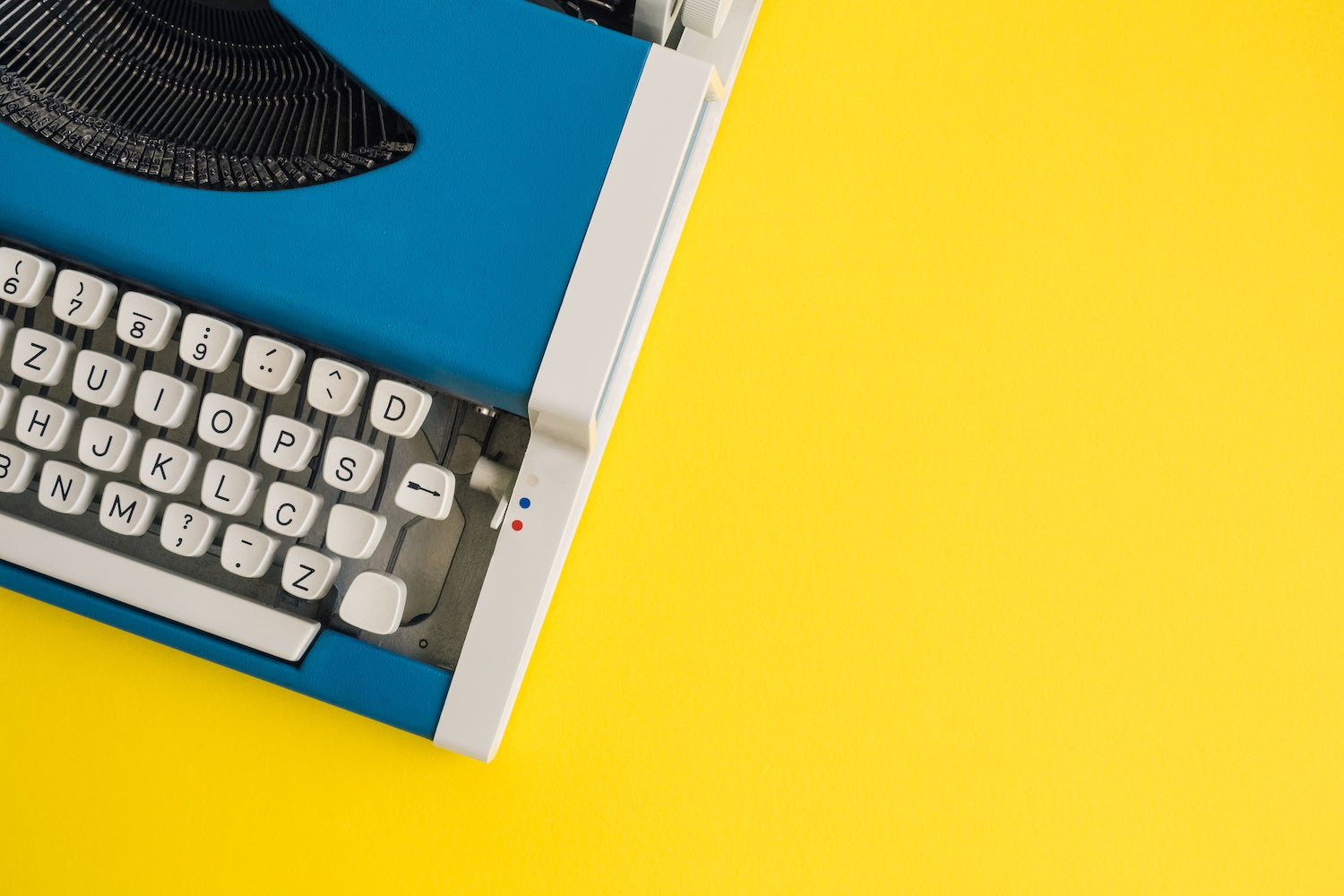
(Photo Credit: istockphoto)
A new report called “The City as Platform,” written by activist and author David Bollier, explores the idea of the networked smart city, and how digital networks are changing urban life and governance. The report is a summary of a roundtable dialogue convened by the Aspen Institute Communications and Society Program. Read below to learn how adopting concepts explored in the “City as Platform” report can be a stepping stone to a better democracy.
This primary season, each vote seems to have more weight than any federal election in recent memory. In fact, “Saturday Night Live” and actor Larry David joke that five votes cost Democratic presidential candidate Bernie Sanders a victory in Iowa.
It’s refreshing to see individual voters believe they can have an impact on the outcome of national elections. But it is no secret that many Americans only vote and feel democratically empowered during presidential campaigns. Local ballot election turnout, for example, has always been low and is steadily decreasing.
Eligible voters in municipal elections may believe that impacting the outcome of local campaigns is not as important as national contests. But the truth is that city governments have a larger impact on the day-to-day lives of residents.
We are in an era of hyper-partisanship, where zero-sum gamesmanship serves to slow down or stop national level policy making in its tracks. In contrast, municipal governments are far less encumbered by bitter partisan battles. Real, innovative policy decisions and community-building efforts are being made by state and local governments every day. But the average citizen’s involvement in these efforts do not need to stop after their vote is cast.
City governments have a unique opportunity to democratically empower their constituents beyond the ballot box. For voters, technological advancement provides new ways to stay involved in community policymaking after Election Day. By leveraging digital networks, local municipalities could use the expertise and suggestions of local citizens to solve their most basic and complicated urban problems in real time.
In the digital age, crowdsourcing has become one of the most important and useful functions of the Internet. The technique, popularized by Wikipedia, has been adopted to help families pay for college using GoFundMe. Actor Joseph Gordon Levitt’s crowdsourcing site HitRecord allows users to produce entertainment. NASA is using it through freelancer.com to help design a robotic arm. Even the Smithsonian Institution is crowdsourcing history through its Transcription Center. This simple and effective practice of getting thousands of individuals to work together towards a common goal should be adopted by municipalities to help solve urban issues. The city can be used as a platform for citizens to better their own community and shape their government with their own ideas of innovation.
For example, when the City of Honolulu hired Code for America to re-design its website, the non-profit hosted a “write-a-thon,” where any citizen with a computer was welcome to submit edits to the website’s dated content and suggestions on how to improve the site’s functionality. The city government of Bologna, Italy, initiated a “Bologna Regulation on Public Collaboration for Urban Commons,” where citizens could propose ideas for improving and managing public spaces, community gardens, and abandoned buildings in order to better their neighborhood.
Allowing the city to act as a platform for citizens to engage, design, and innovate solutions to urban problems helps improve the functions of the municipality more efficiently and creatively. It also gives citizens a sense of purpose as well as a stronger voice and hand in shaping their government than voting alone — whether locally or nationally. When crowdsourcing techniques are used by companies it is helpful and efficient. When crowdsourcing is used by governments, especially at the local level, it strengthens and revives American democracy.
National politics may be captured by partisanship, but community and city government can still forge ahead to create a better environment for democracy. City governments can democratically empower their citizens by using crowdsourcing and being a platform for the expertise of their residents to help solve key issues and improve their communities.
Jennarose Placitella is a project manager with the Aspen Institute Communications and Society Program.

